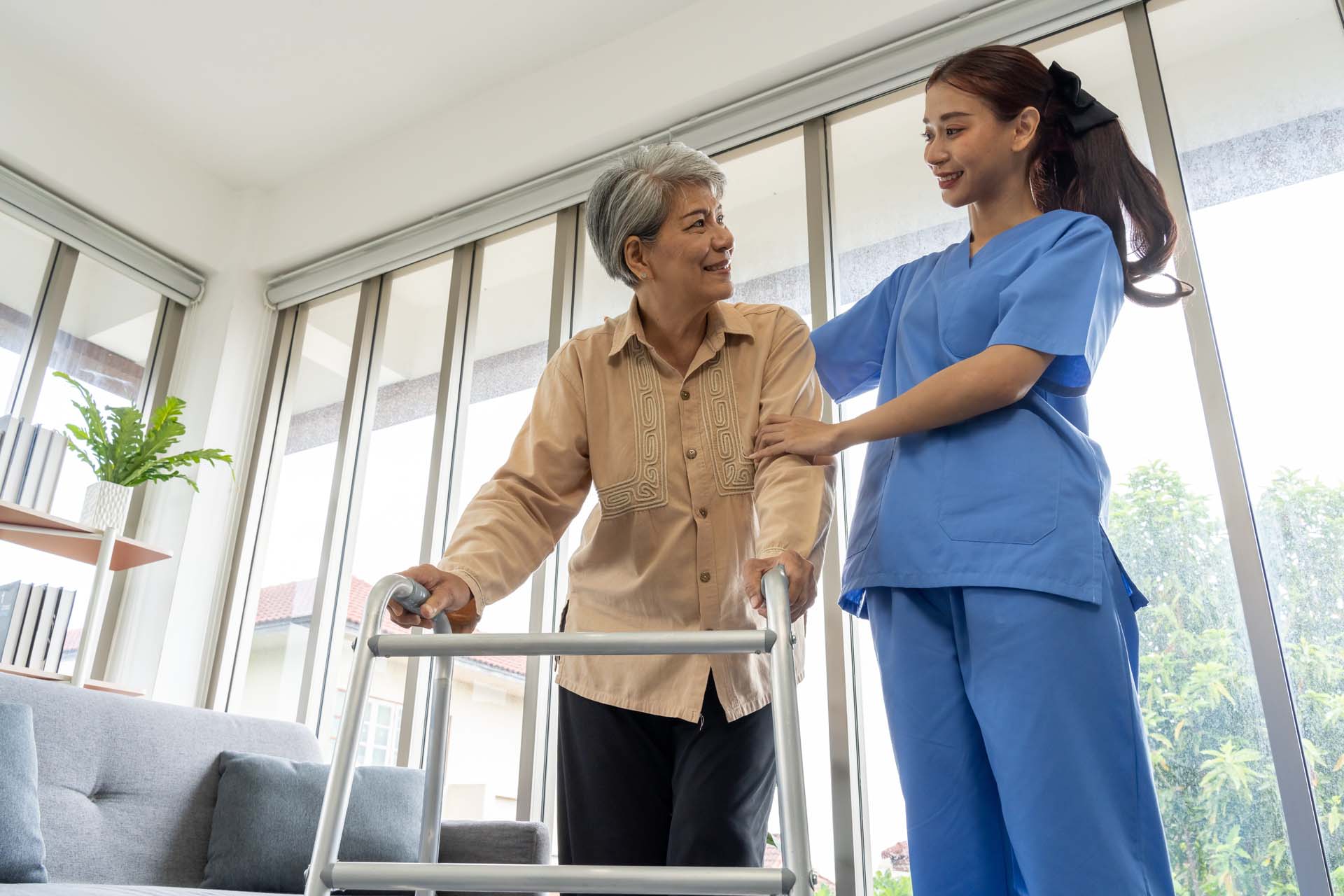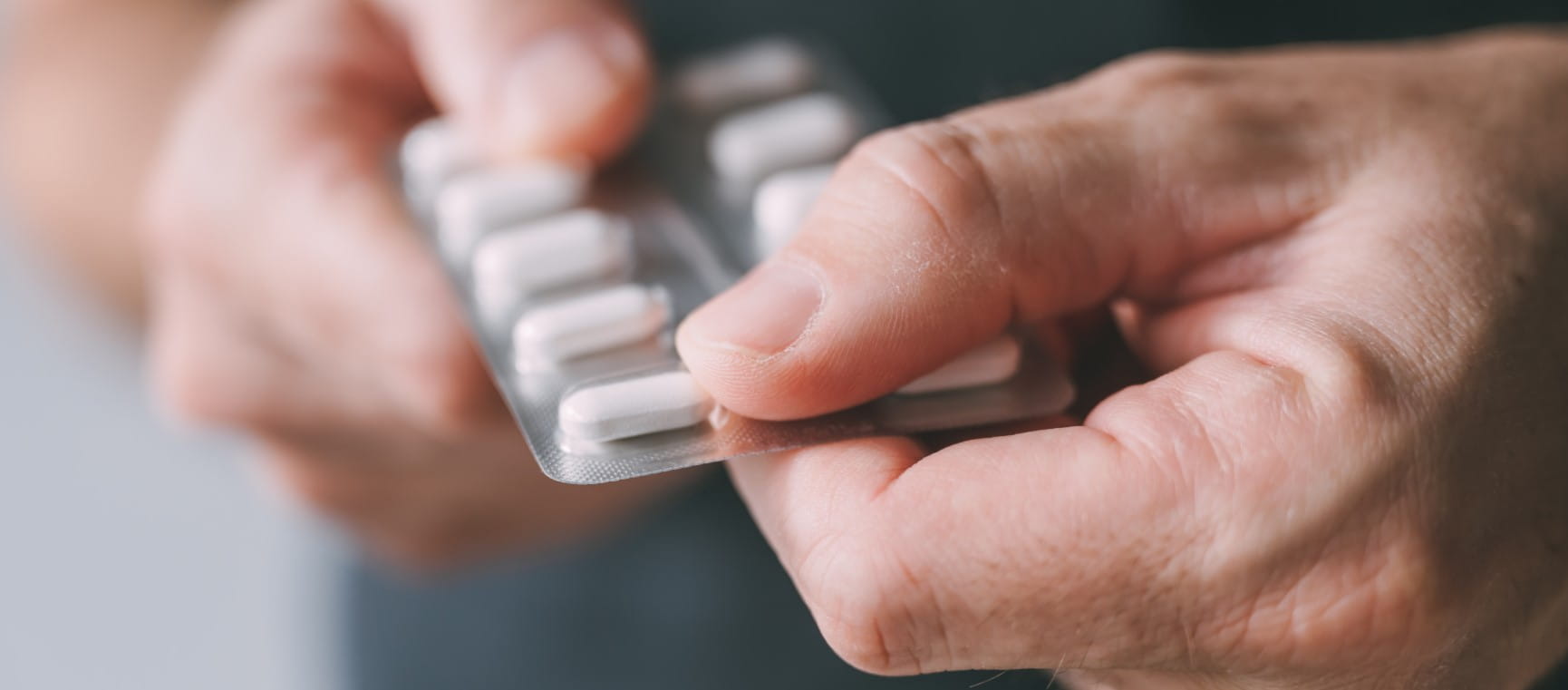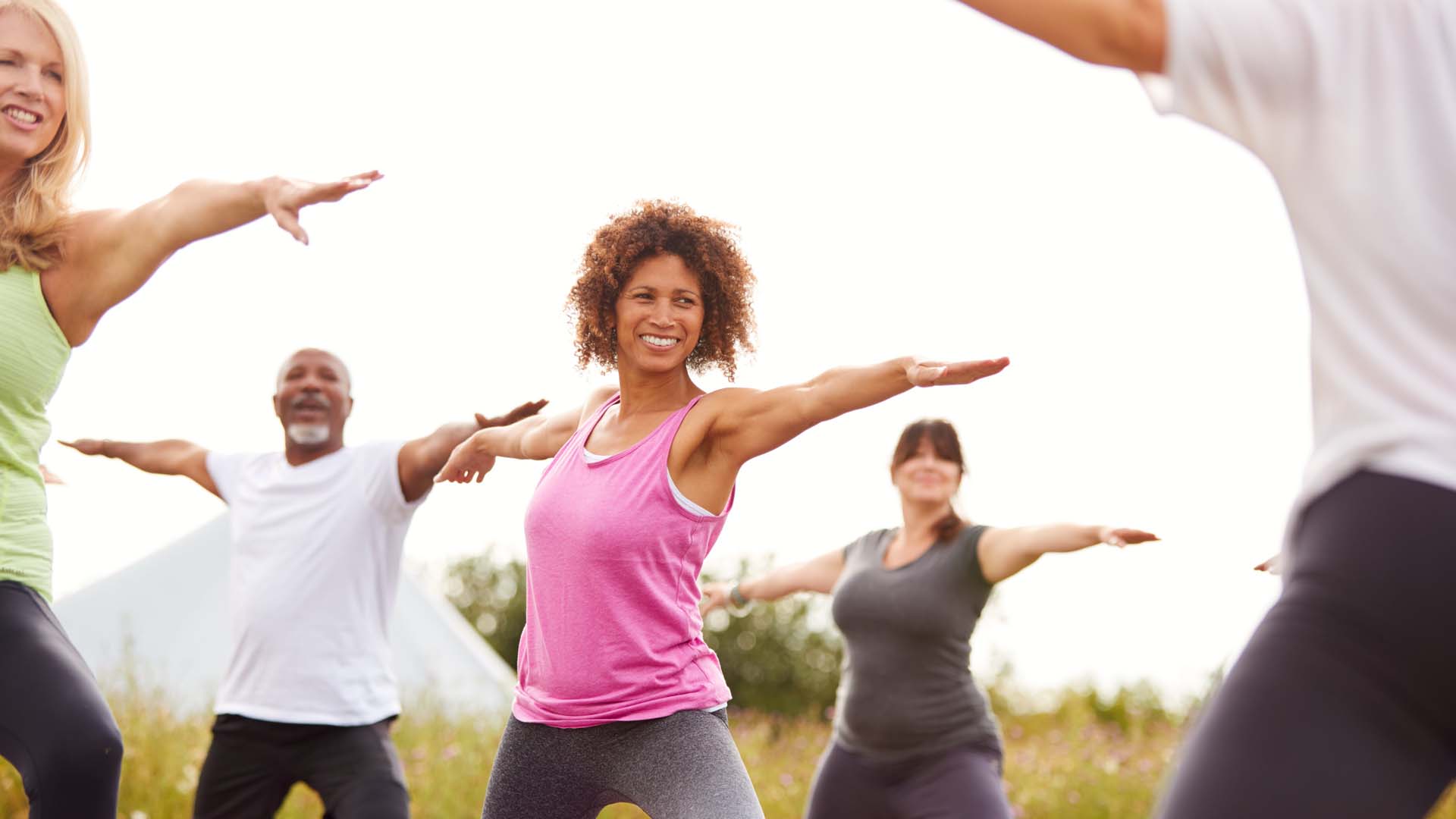
Taking a tumble at home is surprisingly common, especially as we get older.
In fact, one in three people, aged over 65 will fall at least once a year at home, with the risk also increasing for women at menopause, which can impact balance and reduce bone density. Whilst lots of falls are minor, some can lead to concussion.
With one person admitted to A&E every 90 seconds for a brain injury, accidents at home can lead to severe consequences.
Falls can happen at any time to any of us. Whilst we can’t completely remove the risk, knowing how to reduce it is really important, especially as we get older.
A simple thing you can do to prevent falls is to have a chat with your GP. They can assess you for risk for falling and also review your medicines. If needed they can refer you onward to the more specialist falls clinic service.
If you’re taking a regular prescription, it’s really important to see if any of these might actually make you dizzy or sleepy.
How often are you visiting the optician? It’s important to have your eyes checked at least once a year to make sure you pick up any vision problems that can contribute to a fall.
We have a complex visual and balance system and as we age this can falter, leading to issues around our ability to perceive where we are in space, as well as impacting our ability to manage uneven ground and camber.
One of the reasons we fall more often as we age is because of losing our strength and balance - as well as our bone density.
It’s easy to do simple strength and balance exercises to make your legs stronger and improve your balance, such as practicing standing on one leg for short periods or practicing getting up easily from sitting to standing.
Now, let's talk about making your home as safe as possible. Have handrails on steep stairs and ensure good lighting throughout. These don’t need to be a sign of old age; they’re there to help keep you dancing the night away for longer!
Remember, falls can happen at any age, so if you have the grandchildren come to visit, make sure their space is safety-proofed too.
Taken a fall around the house? How can you know if you need to dash to A+E or just recover at home? Firstly, let’s educate ourselves about the signs of concussion. Make sure you look out for these after any fall.
You probably know the obvious ones - like sleepiness and vomiting - but there are lots of others too that might be more subtle. Things like dizziness, headaches, and sensitivity to light or noise are also concussion red flags, as well balance issues or even ringing in your ears.
You might also struggle to find the right words or your brain might feel cloudy or foggy.
Any concussion warrants medical attention, so if you take any fall at home where the head is affected and you notice any of the signs above, no matter how minor, you should head to your A&E department right away.
The good news is that most of us make a full recovery from falls. If you are dealing with a concussion, symptoms tend to fade after a few days, but they can linger for longer.
If you’ve taken a fall, there’s no need to lie in a dark room for 2-3 days; you can still go about some daily activities (once you’ve been seen by a medical professional) although at a slow and gentle pace. You’ll need to take it easy for at least a week or two.
Avoid computers, as this can increase symptoms due to the body’s visual processing systems struggling after a concussion. You might struggle with fogginess and headache.
Every brain recovers differently, as each one is as unique as a fingerprint. So keep an eye on any lingering symptoms and go back to your GP if you have any concerns.
Natalie Mackenzie is a cognitive rehabilitation therapist who has 20 years of experience in supporting families with brain injuries, such as strokes. She also supports individuals with fatigue and offers cognitive assessments.
View author page
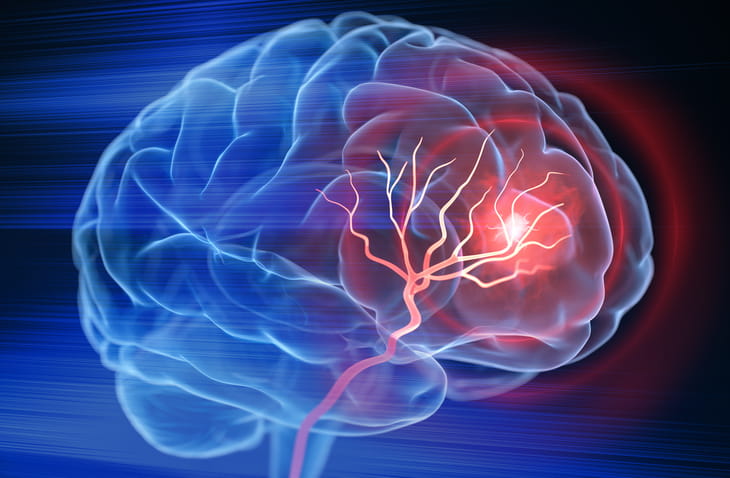
Facial weakness, a sudden headache and dizziness can all be signs of a stroke, we've got the facts from an expert.
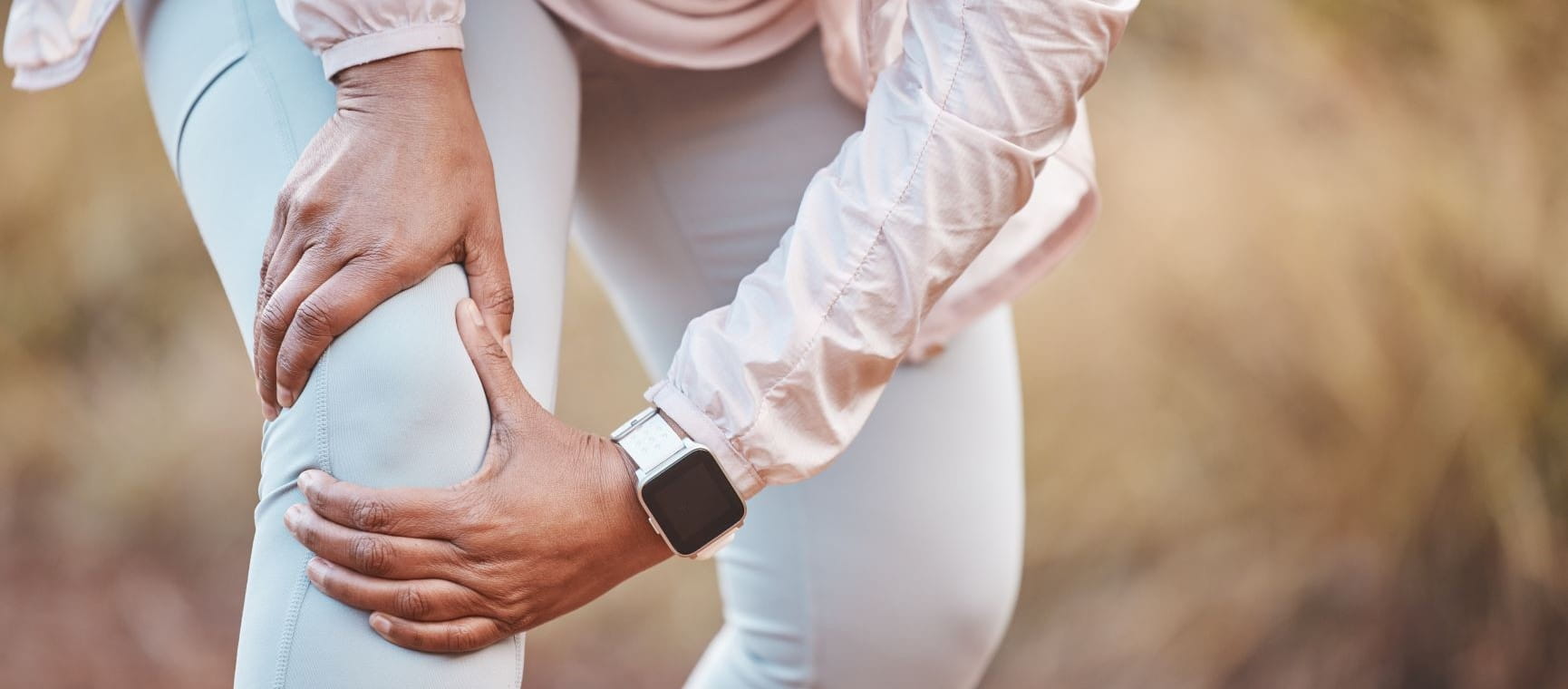
Knee pain is more common as we age: to help we've got the best advice from 3 leading experts with easy ways to make a difference.
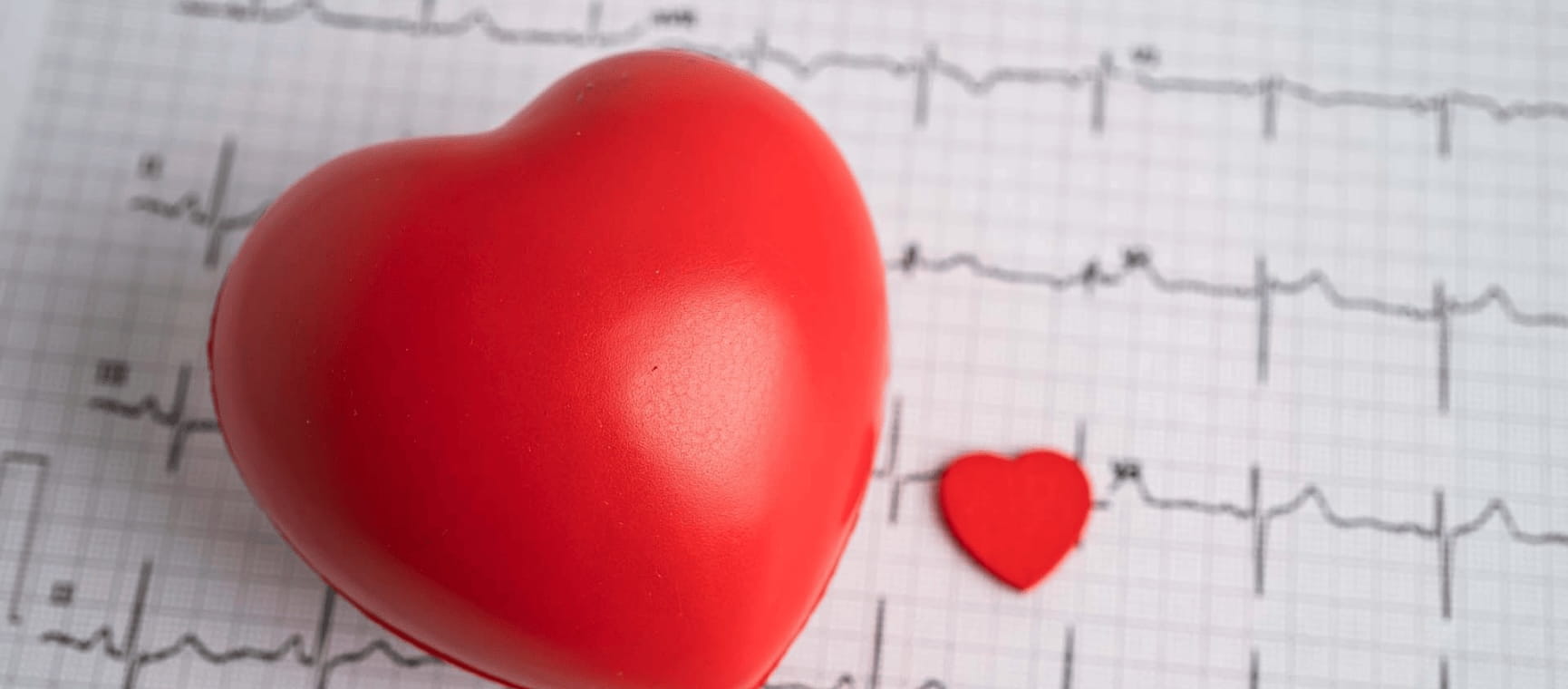
Do you know the symptoms of a heart attack? Here’s what to look out for, and how to prevent one.
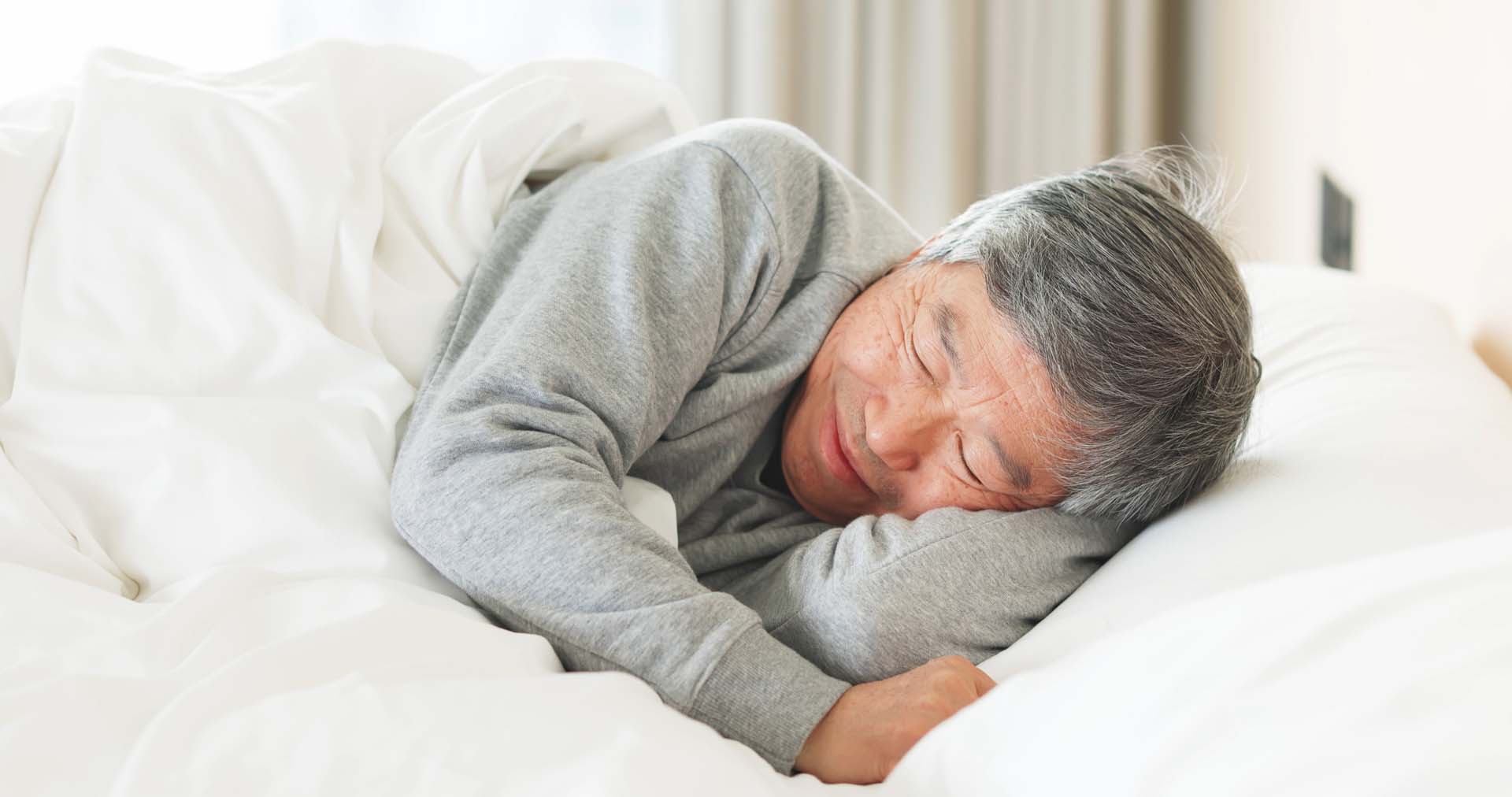
Front, back or side? Which sleeping position is best for you as you get older, and which ones you should avoid
